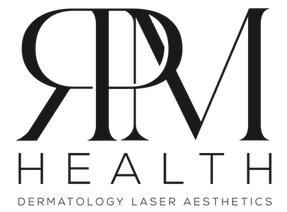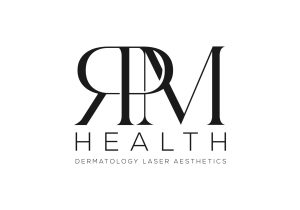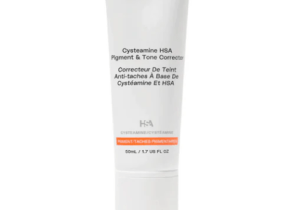Hydroquinone 6% / Tretinoin 0.1%
This advanced cream combines hydroquinone, tretinoin, hydrocortisone, and kojic acid to effectively treat melasma, hyperpigmentation, and acne. It enhances cell turnover, reduces discoloration, and soothes the skin for a radiant complexion
£80.00
Hydroquinone / Tretinoin / Hydrocortisone / Kojic Acid Cream is a hypoallergenic cream that is a blend of prescription and over-the-counter drug products. This cream is a critical element of the Melasma Kit and is also referred to as our melasma continuance cream. Finding a single active ingredient that is effective in treating hyperpigmentation (e.g., brown spots, age spots) is a challenging task. The condition may be improved and patient compliance with treatment may be increased by combining multiple ingredients into a single cream. The active ingredients in this preparation function in a synergistic manner to enhance cell turnover and reduce the presence of hyperpigmentation. The preparation reduces the production of melanin by applying it to the affected area once to three times daily. The compound may also provide additional side benefits, such as the reduction of fine lines and wrinkles, the reduction of acne, and the reduction of the appearance of scars and inflammation.
Hydroquinone
Hydroquinone is a depigmenting agent that is reversible. Hydroquinone temporarily bleaches the area when applied topically to hyperpigmented skin conditions, including melasma, freckles, and lentigines. Hydroquinone functions by inhibiting the enzyme that is responsible for the production of melanin in melanocytes. The re-pigmentation of bleached areas is a consequence of exposure to sunlight or ultraviolet light. Consequently, the use of sunscreen in conjunction with hydroquinone is necessary.
Tretinoin
Tretinoin, also known as all-trans-retinoic acid (ATRA), is a naturally occurring derivative of vitamin A (or retinol) that aids in the regulation of cell proliferation and differentiation. Tretinoin is administered as a topical treatment for mild to moderate acne (e.g., grades I-III), photodamaged skin, and keratinisation disorders, including ichthyosis and keratosis follicularis. Topical tretinoin is effective in the reduction of fine lines, hyperpigmentation, roughness, and laxity that are indicative of photodamaged skin. By increasing cell turnover, it eliminates discolourations and blemishes from the skin.
Hydrocortisone
Hydrocortisone is a naturally occurring adrenal steroid hormone that possesses anti-inflammatory, antipruritic, and vasoconstrictive properties. It prevents irritation of the formulation’s ingredients and soothes the skin when applied topically. Topical corticosteroids have the ability to reverse vascular dilation and permeability, which are early anti-inflammatory effects. Corticosteroids also inhibit subsequent inflammatory processes, including collagen deposition, scar formation, and capillary production. In the clinical setting, these actions result in a reduction in the following: scaling, plaque formation, itching, redness, and swelling of the affected skin. The most safe form of long-term treatment for mild to moderate corticosteroid-responsive dermatoses is topical hydrocortisone, which is considered to have low potency.
Kojic acid
Kojic acid is a by-product of the fermentation process in the production of sake, a Japanese rice wine. It functions as a chelating agent and is naturally produced by a variety of fungi. Kojic acid can serve as a chelating agent for wound healing and the prevention of photodamage, and it is a mild inhibitor of pigment formation in melanocytes when applied topically. Kojic acid is most effectively packaged in an airless pump bottle due to its susceptibility to oxidation in the presence of air.



